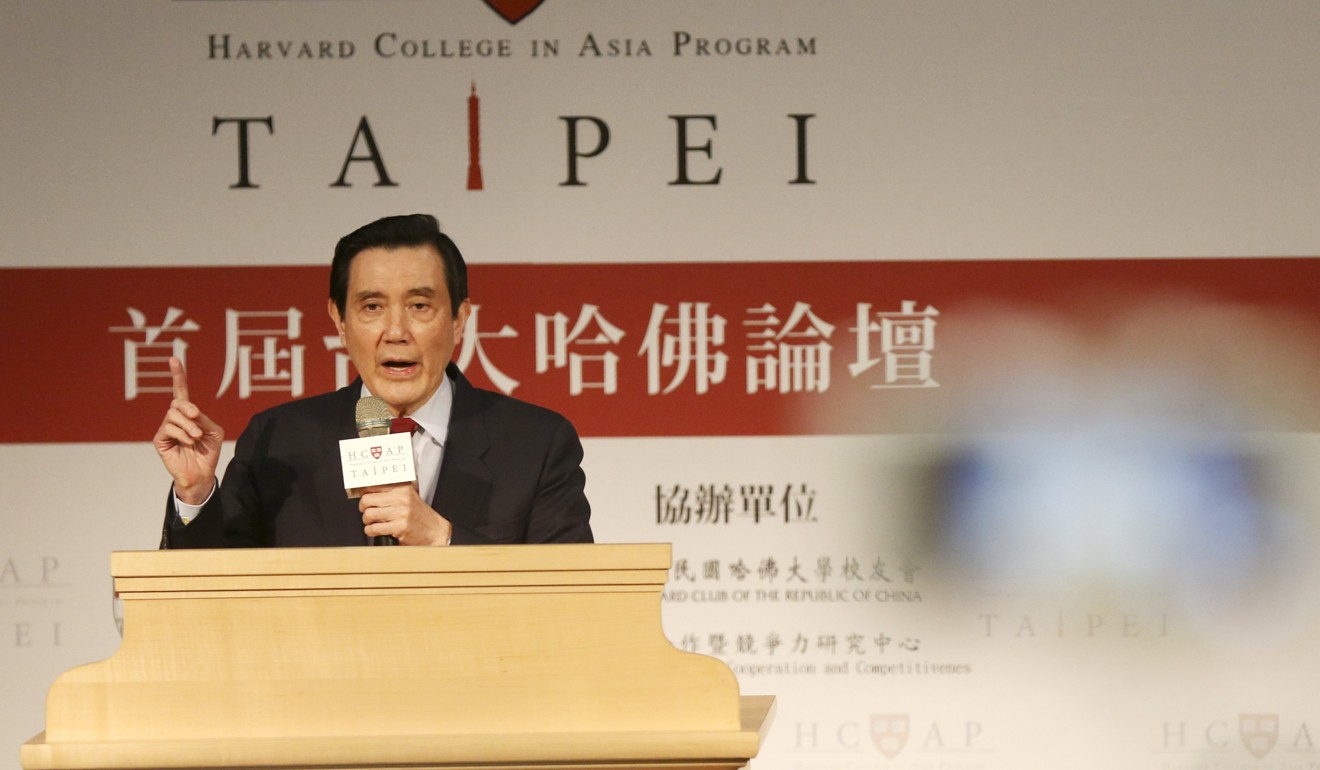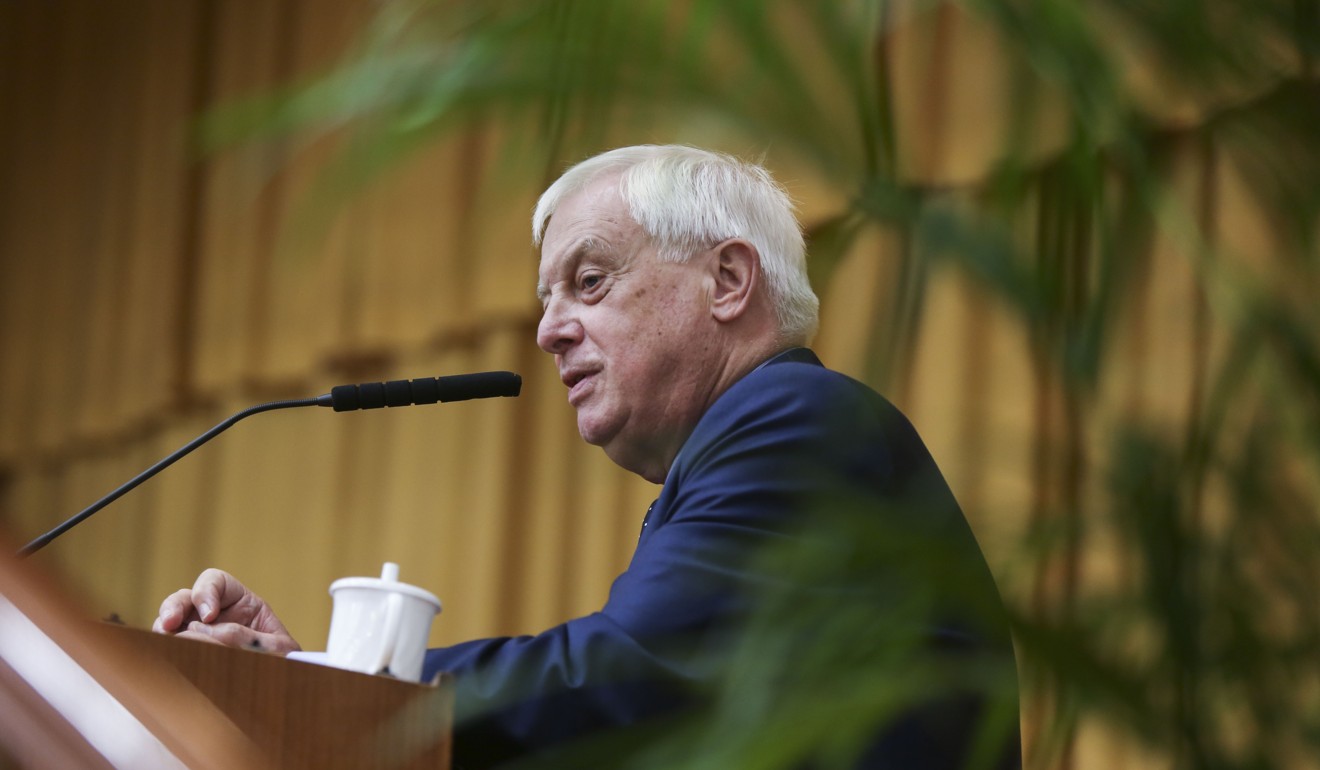
Don’t read too much into Carrie Lam’s comments on denying Chris Patten entry into Hong Kong
Tammy Tam says the episode echoes similar incident in 2005, when former Taiwan president Ma Ying-jeou, then mayor of Taipei, was refused visa
On the day the news broke, I was one of the many reporters frantically trying to get reactions from both the local and Taiwan governments. We were all shocked, and it was hard to digest what had happened.

If we really want to make world news, let’s ban Chris Patten
According to the city’s mini-constitution, the Basic Law, Hong Kong has the authority to “apply controls on entry into, stay in and departure from the [Special Administrative] Region by persons from foreign states and regions”. For the first time since the handover, the Ma episode reminded people that under certain circumstances, such “controls” could be applied by Beijing, and not just Hong Kong itself.
It was later revealed that the decision had indeed come from Beijing, which categorised Ma’s visit as a “Taiwan affair”. Under the “seven principles” governing post-1997 Hong Kong-Taiwan relations, the final say lies with Beijing.

Unfortunately it was bad timing for Ma as China’s top legislature was due to pass the country’s first Anti-Secession Law, mainly targeting the ruling DPP two months before Taiwan’s presidential election. Although the KMT did not support independence, Ma was critical about the new legislation, worrying that any possible military action it allowed against independence attempts by the island would damage cross-strait relations.
Apparently, Beijing did not want a high-profile Taiwan politician like Ma to openly oppose such an important law in Hong Kong – which itself had returned to Chinese sovereignty less than a decade ago.

British activist barred from Hong Kong to start NGO monitoring city
Convinced or not, this is the reality, or inconvenient truth: when it comes to, or when Beijing believes it’s a matter of, Taiwan or foreign affairs, it’s Beijing’s call, as Lam pointed out.
Understandably, there are those who see it as yet more proof of Beijing tightening its grip on the city and a threat to “one country, two systems”, but sovereignty is apparently the key for Beijing to keep this governing formula for Hong Kong.
As for Lam’s refusal to give an entry guarantee to Hong Kong’s last governor, it could be a result of her well-known frankness, but reading too much into it seems unnecessary.

